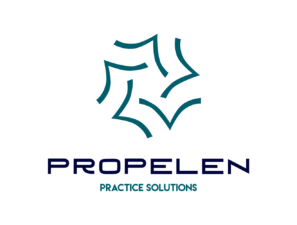
Coding is much more than a simple task of assigning codes to diagnoses and procedures – it’s an integral part of ensuring compliance, reducing denials, and maximizing reimbursements. ‘Coding to the highest specificity’ is one strategy that can significantly enhance a practice’s revenue.
The American Academy of Professional Coders (AAPC) suggests that coding to the highest specificity can ensure compliance with regulations and result in maximum reimbursement. 1
What does it mean to code to the highest specificity and how does this impact revenue?
- Understanding Highest Specificity Coding: Coding to the highest specificity means selecting the most precise code that describes the diagnosis or procedure performed. For instance, instead of using a general code for diabetes, a code specifying the type of diabetes and any related complications would be more specific.
- Impact on Revenue: Inaccurate or unspecific codes are among the top reasons for claim denials. By coding to the highest level of specificity, healthcare providers can reduce denials, improving cash flow and revenue.
To ensure coding accuracy and specificity, it’s important to have a team of skilled medical coding professionals and to invest in continuous training and tools:
- Continuous Training: Coding standards and regulations evolve constantly, especially with the shift from ICD-9 to ICD-10, and the upcoming transition to ICD-11. Regular training keeps coders updated and reduces the chance of errors.
- Auditing: Regular coding audits can help identify trends and areas for improvement. They also ensure compliance with the latest coding regulations.
- Coding Tools: Advanced coding tools and software can aid coders in their quest for accuracy and specificity. These tools offer updated code sets, compliance checks, and even suggest the most specific codes based on the provided documentation. 2
Coding might seem a mundane part of healthcare administration, but its role in securing appropriate reimbursement is crucial. By coding to the highest specificity, practices can reduce denials, ensure compliance, and maximize their revenue.
Footnotes
Sokhona Sillah, MHA
- Sokhona Sillah, MHAhttps://propelen.com/author/sokhonasillah/
- Sokhona Sillah, MHAhttps://propelen.com/author/sokhonasillah/
- Sokhona Sillah, MHAhttps://propelen.com/author/sokhonasillah/
- Sokhona Sillah, MHAhttps://propelen.com/author/sokhonasillah/



